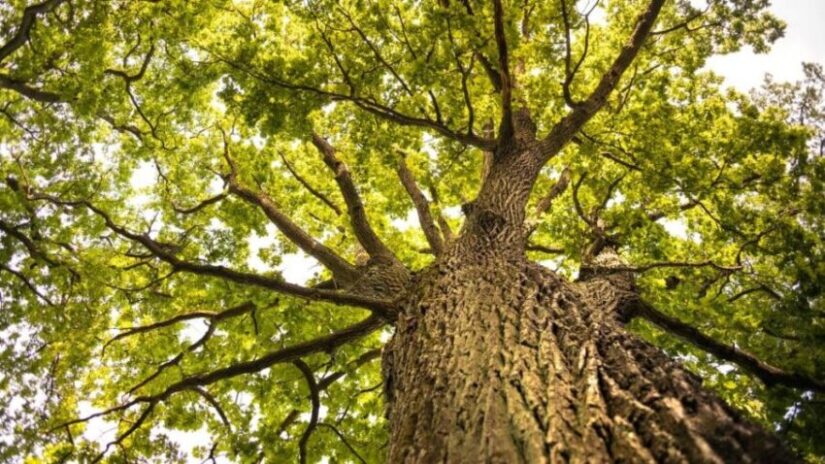People experienced less stress and anxiety while listening to nature soundscapes, but the addition of road traffic noise increased their stress and anxiety.
Manmade sounds such vehicle traffic can mask the positive impact of nature soundscapes on people’s stress and anxiety, according to a new study published in PLOS ONE by Paul Lintott of the University of the West of England, U.K., and Lia Gilmour of the Bat Conservation Trust, U.K.
Existing research shows that natural sounds, like birdsong, can lower blood pressure, heart, and respiratory rates, as well as self-reported stress and anxiety. Conversely, anthropogenic soundscapes, like traffic or aircraft noise, are hypothesized to have negative effects on human health and wellbeing in a variety of ways.
In the new study, 68 student volunteers listened to three 3-minute soundscapes: a nature soundscape recorded at sunrise in West Sussex, U.K., the same soundscape combined with 20 mile per hour road traffic sounds, and the same soundscape with 40 mile per hour traffic sounds. General mood and anxiety were assessed before and after the soundscapes using self-reported scales.
The study found that listening to a natural soundscape reduced self-reported stress and anxiety levels, and also enhanced mood recovery after a stressor. However, the benefits of improved mood associated with the natural soundscape was limited when traffic sounds were included.
The natural soundscape alone was associated with the lowest levels of stress and anxiety, with the highest levels reported after the soundscape that included 40 mile per hour traffic.
The authors conclude that reducing traffic speed in urban areas might influence human health and wellbeing not only through its safety impacts, but also through its effect on natural soundscapes.
The authors add: “Our study shows that listening to natural soundscapes can reduce stress and anxiety, and that anthropogenic sounds such as traffic noise can mask potential positive impacts. Reducing traffic speeds in cities is therefore an important step towards more people experiencing the positive effects of nature on their health and wellbeing.”
Journal Reference:
Gilmour L.R.V., Bray I., Alford C., Lintott P.R., ‘Natural soundscapes enhance mood recovery amid anthropogenic noise pollution’, PLoS ONE 19 (11): e0311487 (2024). DOI: 10.1371/journal.pone.0311487
Article Source:
Press Release/Material by PLOS
Featured image credit: Will Ma | Unsplash




